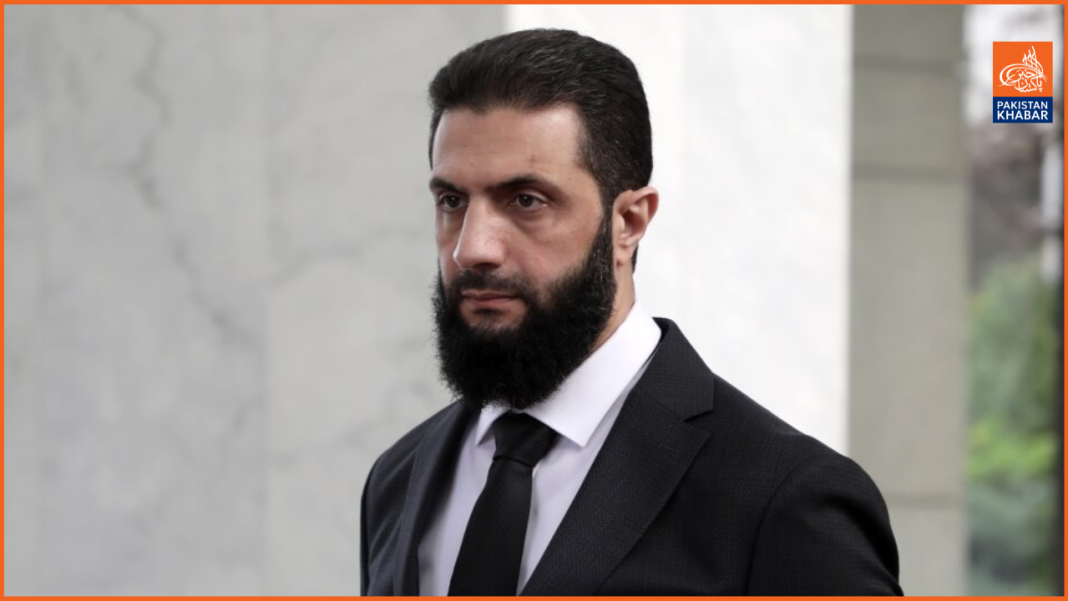Ahmed al-Sharaa has been named Syria’s president for a transitional period, solidifying his authority just two months after leading a military campaign that ousted Bashar al-Assad, according to Reuters.
The announcement was made by the military command that led the offensive, which also suspended the Syrian constitution and granted Sharaa the power to create a temporary legislative council.
The decision followed a gathering of military commanders involved in the operation, headed by Sharaa’s Hayat Tahrir al-Sham (HTS) group. In his speech at the conference, Sharaa stressed the need to address the political vacuum through a legitimate and lawful process. He outlined several priorities, including maintaining civil peace via transitional justice, preventing retaliation, rebuilding state institutions—especially military and security forces—and revitalizing the country’s economic infrastructure. Sharaa has promised to begin a political transition with a national conference, the formation of an inclusive government, and eventual elections, though he suggested this process might take up to four years. However, the declaration did not provide a timeline for establishing the new legislative body.
Fawaz Gerges, an International Relations professor at the London School of Economics, described the announcement as formalizing Sharaa’s position as Syria’s “strongman ruler” and speculated that HTS intends to establish single-party rule.
According to the declaration, Sharaa will assume the presidency and represent Syria internationally. A new legislative body will operate until a new constitution is adopted, replacing the parliament previously elected under Assad, which has now been dissolved. The statement also reiterated steps already taken, including the dissolution of Assad’s Baath Party and state security apparatus, and the integration of former rebel groups into the state.
The announcement was made at “The Conference for Announcing the Victory of the Syrian Revolution,” which was attended by ministers from the interim government appointed by HTS in December. The event was not disclosed publicly in advance.
Qatar, a supporter of the new administration, welcomed the restructuring of Syria’s political system, calling it a move toward national unity and consensus. However, Mohanad Hage Ali of the Carnegie Middle East Center pointed out that the transition highlights Sharaa’s military dominance rather than reflecting Syria’s political, religious, and ethnic diversity.




